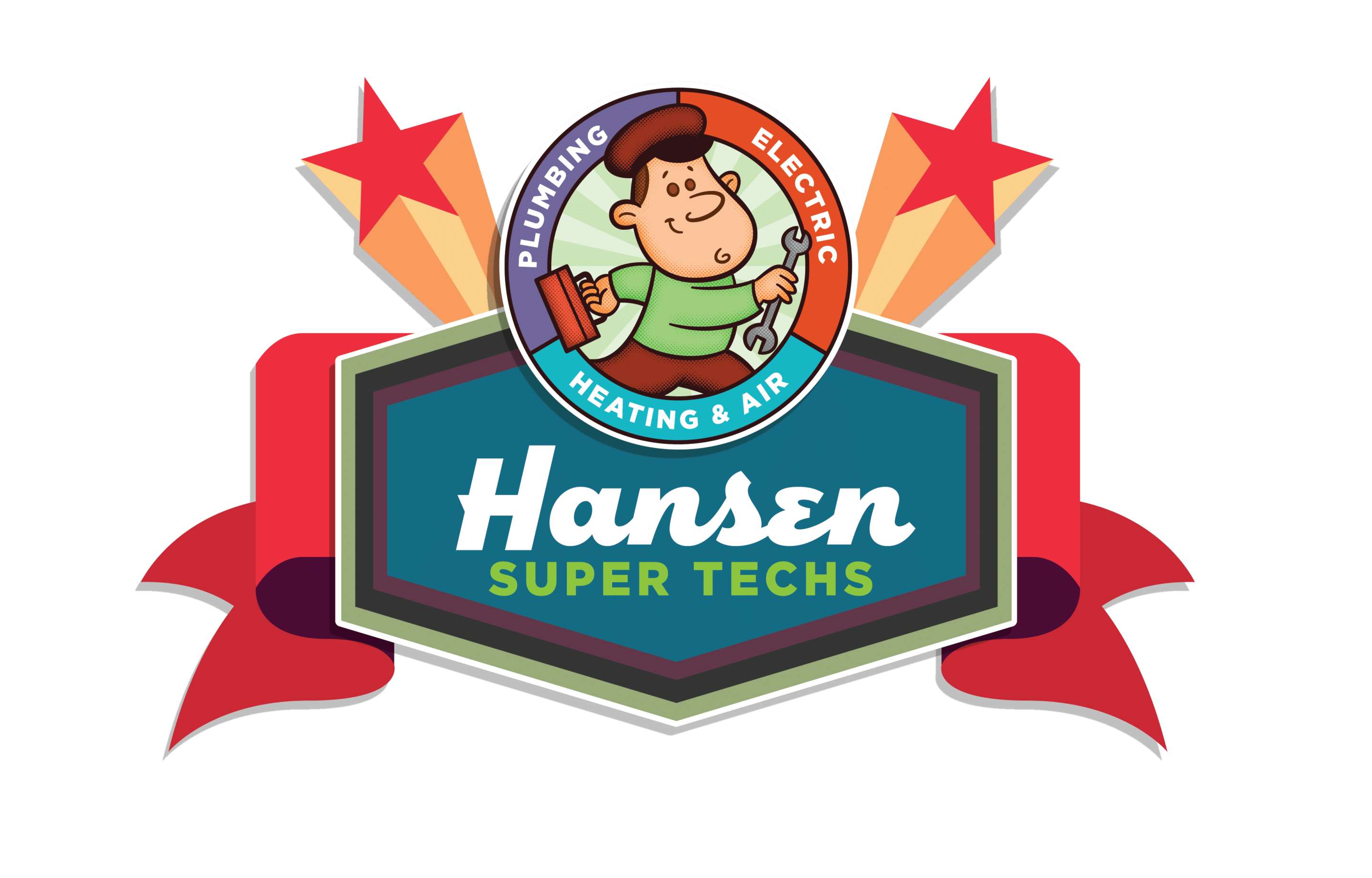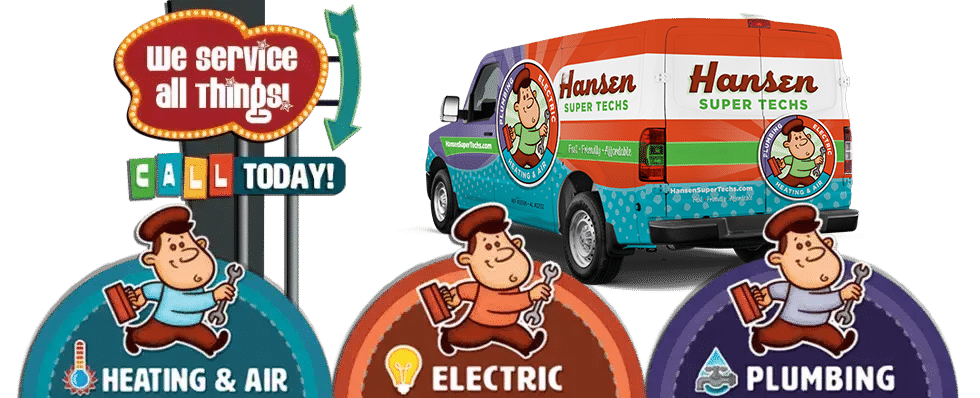Energy Efficiency Tips for Your Home

We have all seen energy-efficient stickers stuck to new appliances or home systems but what does it mean & why is it so important? The definition put simply is equipment completing the same job as a competitor or older machines while using far less power without sacrificing quality. This leads to a reduction in carbon pollutions, less stress on the power grid, and a reduction in monthly utility bills. Looking at different home systems can show just how much impact having an energy-efficient system can have.
Heating, Ventilation, & Air Conditioning (HVAC)
Being the biggest & most used system installed in a home, it comes as no surprise that your HVAC system accounts for over half of all the energy consumed. Taking steps to invest in your heating & cooling unit is not always easy but can have big long-term results.
Retrofitting different areas of a home can save on average up to 35% annual energy costs. But what does retrofitting include?
Replacing & installing insulation to open areas like the attic reduces strain on the HVAC system by limiting air escaping through opening & outdoor temperature transfer to save 15% on heating & cooling costs.
Sealing leaks and added insulation for ducts can increase system efficiency by more than 20%. The best method to this approach is to start at the top (attic) and work your way out.
Installing a programmable thermostat, with proper use can annually save about $180 in energy bills.
Consider replacing or upgrading your HVAC system when the heat pump or air conditioner is 10 years old, the furnace/boiler is 15 years old, or the utility bills keep climbing without your home staying at a comfortable temperature. Energy Star models are held to extremely high guidelines & can save around 20 percent on heating and cooling costs.
Water Heater
The second biggest use of electricity in the home is the water heater. It accounts for 14-18% of the total annual usage or nearly 600 dollars of annual spending on a four-person home. You can save 27%–50% with a new energy star-approved water heater.
LED Bulbs
Not all light bulbs are created equally. LED lights while a little more on initial cost far outweigh the competition on both longevity and power consumption. Today’s standard LED lights to lower the use of energy by at least 60% and can go well over 75% while lasting 10-25 years!
Federal Incentives & Rebates and Tax Breaks
It is worth it to mention that there are many different state and federal incentives in making your home more energy-efficient. Taking a little time to search for incentives both locally and nationally can bring you a lot of savings and great benefits.


